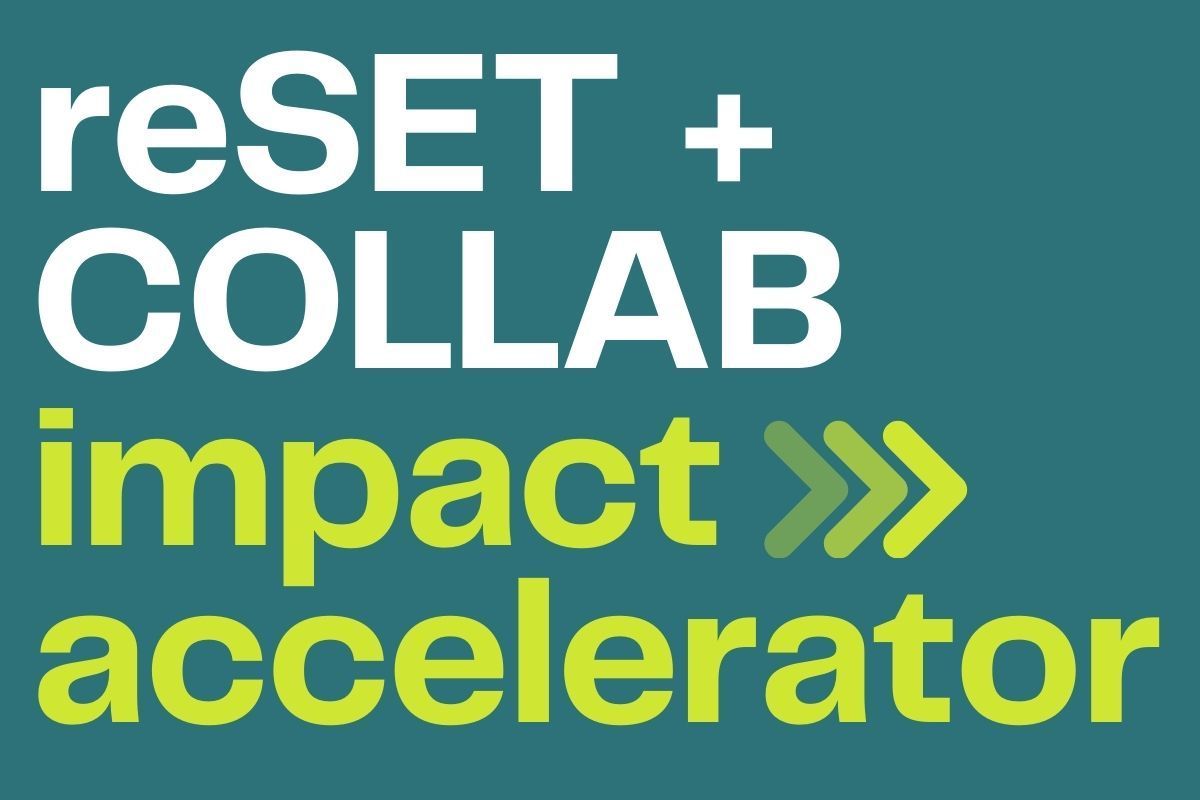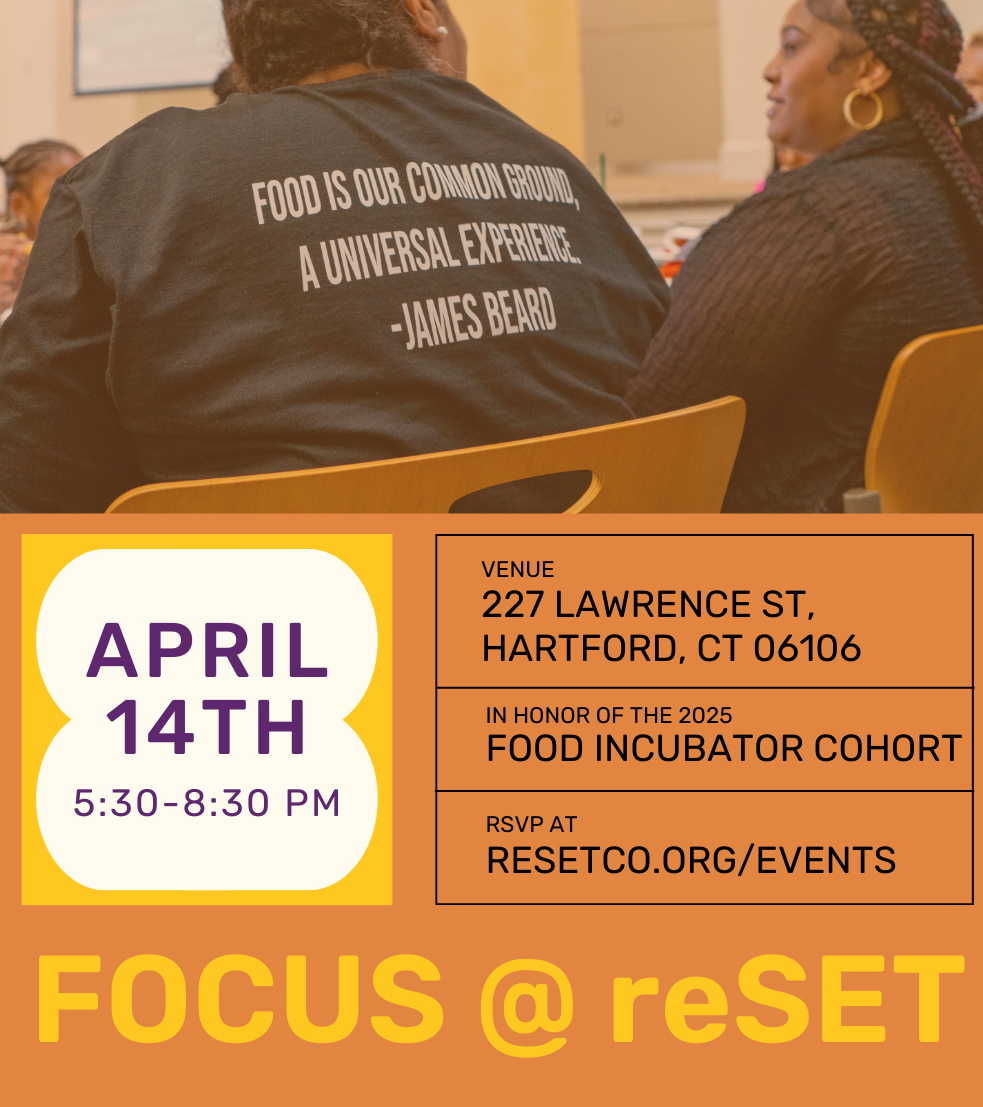Brad Kane
Managing Editor
860-236-9998 ext.127
Collaborative. Inventive. Giving. Entrepreneurial.
Each word is used to describe Millennials, a generation of people born between 1979 and 1995, who are expected to make up about 75 percent of the workforce in a decade.
Hartford’s future is inescapably tied to the Millennial generation and how those young professionals want to live, work, and play. The basis for the city’s plans to build more housing units downtown and revamp its transportation infrastructure are based on the notions that Millennials want to live in an urban environment and have greater access to public transportation while biking and walking.
For a cohort of people who grew up in the shadow of the Sept. 11 terrorist attacks and where technology was a given, their perception of the world and how people should interact is considerably different than the generations currently leading Hartford’s workforce.
Millennials will likely not only bring a new, entrepreneurial spirit to Hartford over the next 10 years, but also change the corporate culture of the city’s largest employers.
“We are trying to save America here,” said Dave Marcoux, 30, cofounder of handmade clothing manufacturer Hartford Denim Co., which operates out of the basement of a curtain factory in Hartford’s Parkville neighborhood. “It seems like a lot of people forgot that, especially in this city, everything was made here … We want people to realize the importance of manufacturing again.”
A myriad of studies have confirmed Millennials’ different views on life and work, which will have a dramatic impact on workplace culture:
• They work better in groups, where leadership structures are less important than a team’s ability to bounce around ideas.
• They want a greater work-life balance and are willing to sacrifice pay and the potential of future advancement to get it.
• They want their jobs to be meaningful and seek companies less focused on profits and more on corporate citizenship. If unsatisfied at work, they are willing to find a better situation elsewhere, even if they have to create it themselves.
“Why would I work for someone else and barely scrape by when I can work for myself and barely scrape by?” said Tim Moore, 30, fitness director at Hartford’s Club Longitude and founder of Windsor-based MyFitStyle, which provides wellness program consulting to fitness centers and corporate clients. “We are starting our own businesses because we are tired of the way things have been done.”
Entrepreneurial spirit
Because of the Millennial influence, over the next 10 years Hartford will have more small businesses, particularly those with a social purpose like reinvigorating handmade manufacturing or planting trees around city, said Caitlin Thayer, 28, program director for the business group Hartford Young Professionals & Entrepreneurs and founder of Hartford social media consultancy Barefoot Media. This trend is expected to pick up in the next few years, particularly after state lawmakers this year passed legislation allowing for the creation of benefit corporations, which have a stated goal other than just making money.
“Rather than just founding a business, you are founding a business to help out the community, which I think is awesome,” Thayer said.
One thing aiding Millennials’ efforts to be more entrepreneurial is today’s technology, which makes it easier to start a business, said Callie Gale Heilmann, 32, who cofounded stationary and letterpress studio Hartford Prints! with her sisters Rory and Addy Gale. Millennials can search the Internet for business plan ideas. For marketing, they can lean on social media rather than relying on traditional advertising methods where they would have to fit their business promotion into predetermined models.
“A lot of creativity comes out of so many resources,” Gale Heilmann said.
Meanwhile, Millennials that choose to work for larger corporations will steer their companies toward more volunteering and nonprofit giving, providing products and services that have a positive influence, and shaping business practices that create maximum benefit for employers, employees, and the community, said Michelle Cote, 33, director of programs for Hartford-based reSET, an incubator and co-working space.
“Members of our generation are looking for a shared sense of purpose. They want to work for a place they can feel good about in some sort of way,” said Cote, whose organization is trying to breed a new crop of social entrepreneurs at their Pratt Street office. “They want more than just a paycheck.”
Corporate culture change
As opposed to Baby Boomers and Generation X, Millennials reject the idea of paying their dues and like a diversity of experience, said Ellen DiVerniero, head of talent management at Hartford insurer Aetna. Because Millennials move between firms more, big employers like Aetna need to maintain positive relationships with departing talent in case they return.
“We need to recognize that the career path might be different,” DiVerniero said. “There are a lot of different work styles and different world views (between the generations).”
Millennials’ drive for more collaborative corporate structures with less emphasis on hierarchy and top-down communication will lead to physical changes in office layouts, which is already occurring, said DiVerniero. Aetna, for example, added more pod-like working spaces for better group interaction and installed treadmill desks so employees can exercise while working, part of the need for a strong work-life balance.
The Hartford Financial Services Group has made similar changes like creating informal gathering spaces, instituting more flexibility in work schedules, allowing for more volunteer days, and using technology as an internal portal so employees can interact via text messaging, said Susan Johnson, The Hartford’s vice president of diversity and inclusion.
“It is a culture that demonstrates to them that they are welcome,” Johnson said.
Being your own boss
If Millennials don’t find companies to their liking, they strike out on their own, Thayer said.
Carlos Perez founded his Hartford information-technology consultancy Perez Technology Group when he was 18, four years before he graduated from UConn.
“I just wanted to be my own boss. That was one of the main factors,” said Perez, now 24. “As the market changed, I wanted to be able to learn, adapt, and shift, and that would have been very difficult in a bigger company.”
For Perez, who was raised and graduated high school in the city, it was important for him to employ people from Hartford, even as he performs work in and outside the city and state. The majority of Perez’s clients are small businesses, and he advises them on how Microsoft products can make their operations run smoother and more efficiently.
“Hartford has a whole lot of talent. We just have to find it,” said Perez, who has four employees. “I want to be able to grow, and by grow, I mean I want to hire students in the Hartford area.”
Marcoux founded Hartford Denim with his friends Marshall Deming and Luke Davis in 2010, after they were dissatisfied with the quality of U.S. clothing products and the cost of higher-end items.
Despite having college degrees in areas like social work, the trio prefers the entrepreneurial environment so they can make their own decisions and set socially-conscious policies like never discarding leftover clothing material.
“There is so much more satisfaction when it is all on you,” Marcoux said.
Hartford Prints! got its start in 2009 when the three Gale sisters combined their love of arts, entrepreneurship, and Connecticut pride. Their parents started several businesses when the sisters were growing up — their father was a co-founder of Mo’s Midtown on Farmington Avenue — which helped them understand the risks and rewards of founding a company and the hard work that entails.
“We are rooted in entrepreneurial spirit,” said Rory Gale, 29. “We have been learning the business as we go.”








